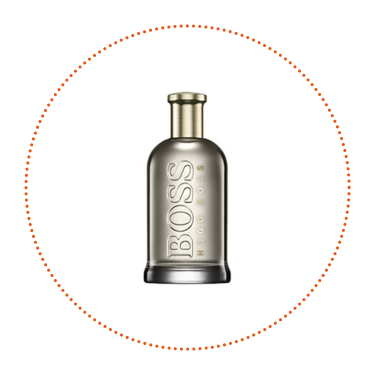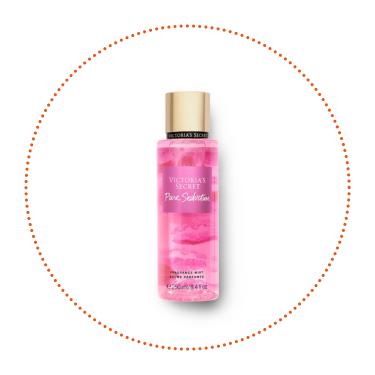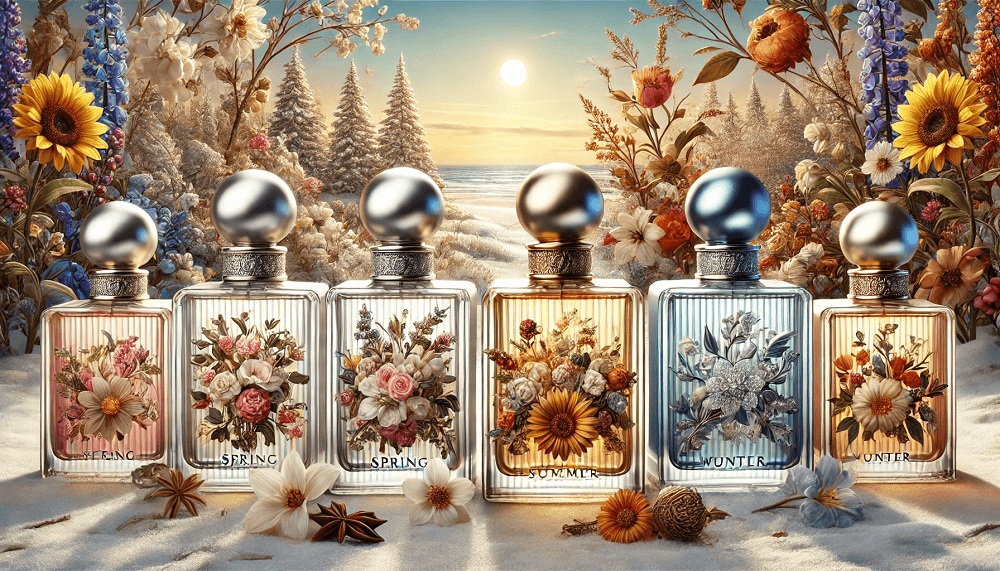Arabic vs. French Perfumes – What’s the Difference?
Perfume is more than just a fragrance, it's an identity, a ritual, and an art form. Across centuries, two perfume traditions have stood out for their cultural richness and olfactory brilliance: Arabic and French perfumes. While both aim to enchant the senses, their origins, ingredients, and philosophies couldn't be more different. Whether you’re a long-time fragrance lover or just starting your collection, understanding the contrast between Arabic and French perfumes will help you find your perfect signature scent.
The Origins – A Tale of Two Traditions
The Heritage of Arabic Perfumes
Arabic perfumery has deep roots, dating back to ancient civilizations. Known for their spiritual and ceremonial use, attar oils, oudh, and bakhoor have been central to Arabian culture. These perfumes are more than just cosmetics; they’re expressions of hospitality, status, and faith. Even today, Arabic fragrances are handcrafted using age-old techniques, preserving their exotic charm.
The French Perfumery Legacy
France, particularly the town of Grasse, is often called the birthplace of modern perfumery. During the 17th century, French perfumes became symbols of refinement in royal courts. This legacy evolved into the luxury houses we admire today: Chanel, Dior, and Guerlain. French perfumery emphasizes balance, elegance, and innovation, blending nature and science into liquid poetry.
Ingredients & Raw Materials – Nature vs. Alchemy
What Goes Into an Arabic Perfume?
Arabic perfumes often use pure essential oils with minimal alcohol. Key ingredients include:
- Oud (Agarwood): Rich, woody, and smoky
- Musk: Animalic, sensual base note
- Amber: Warm and resinous
- Rose & Saffron: Floral and spicy elegance
These ingredients are typically intense, long-lasting, and all-natural, reflecting a more grounded and potent olfactory experience.
What Defines a French Perfume?
French perfumes are known for their complex compositions. They often combine natural and synthetic ingredients to craft signature accords.
- Top notes: Citrus, aldehydes, herbs
- Heart notes: Florals like jasmine, iris, and tuberose
- Base notes: Vanilla, sandalwood, musk
French fragrances focus on structure, evolution, and sillage, often unfolding beautifully over time.
Scent Profiles & Performance – The Experience on Skin
Arabic Perfume Scent Characteristics
Arabic fragrances are usually bold, intense, and opulent. Expect powerful sillage and longevity that can last more than 24 hours. They often carry:
- Smoky, spicy, and resinous notes
- A warm and exotic depth
- A unisex appeal, though many lean masculine
These are statement perfumes ideal for evening wear, special occasions, or simply when you want to be remembered.
French Perfume Scent Characteristics
French perfumes are refined, elegant, and layered. They evolve through distinct phases:
- Light and fresh openings
- Romantic floral hearts
- Smooth, sensual drydowns
Designed to blend seamlessly with your skin, French perfumes offer sophistication without overwhelming the senses.
Packaging & Presentation – Opulence vs. Elegance
When it comes to presentation, the contrast is just as evident.
- Arabic perfumes are presented in ornate bottles, often decorated with gold accents, crystals, and traditional patterns. The designs reflect Middle Eastern luxury and extravagance.
- French perfumes favor minimalist or fashion-forward aesthetics. Think Chanel No. 5's iconic bottle or Dior’s sleek modern lines, understated elegance at its best.
Buying Experience – Where and How You Find Them
Where Arabic Perfumes Are Found
You’ll often find Arabic perfumes in:
- Specialty Middle Eastern boutiques
- High-end mall counters or luxury e-commerce sites
- Brands like Ajmal, Arabian Oud, Rasasi, and Sandwiss Arabian
They are also popular in gifting, especially during Eid, weddings, and cultural festivals.
French Perfume Retail Experience
French perfumes dominate:
- High-end department stores
- Luxury perfumeries
- Duty-free outlets and flagship brand stores
Renowned houses like Maison Francis Kurkdjian, Guerlain, and Diptyque offer high-end experiences and exclusive releases.
Who Should Choose What? – Finding Your Signature Scent
Not sure which direction to go? Consider the following:
- Arabic Perfume: Perfect for those who love strong, lasting fragrances, prefer natural ingredients, and don’t mind turning heads.
- French Perfume: Great for fans of classic elegance, scent evolution, and seasonal versatility.
Also consider:
- Occasions: Arabic for night; French for day or office
- Climate: French for warm climates; Arabic for cooler evenings
Arabic and French Perfumes Working Together
Can you wear both? Absolutely.
Layering Arabic and French perfumes is a growing trend. Start with a deep Arabic base like oud or amber, then add a lighter French floral or citrus scent on top. The result? A unique fragrance trail.
Niche brands like Roja Dove, Amouage, and Initio Parfums Privés already blend Eastern richness with Western finesse.
Two Worlds, One Passion
Both Arabic and French perfumes tell a story of tradition, craftsmanship, and self-expression. While Arabic fragrances offer depth and drama, French perfumes bring balance and beauty. Whether you’re drawn to the rich smoke of oud or the refined powder of iris, there’s room on your vanity for both.
Find your next luxury fragrance at Perfume24x7.com from bold Arabic masterpieces to timeless French icons. Your signature scent awaits.










Leave a comment